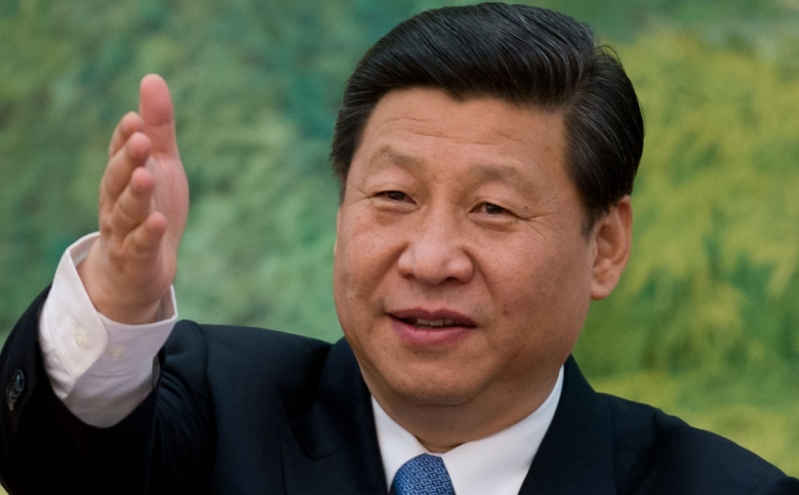
President Xi Jinping of China, evoking the camel caravans of the old Silk Road that traversed the ancient plains of Kazakhstan on their way from China to Europe, recently said that he wanted to create a contemporary version that would bind together China and its Central Asian neighbors.
Fresh from the Group of 20 summit meeting in St. Petersburg, Russia, Xi referred to Kazakhstan as an increasingly important energy supplier for China and an anchor for its new "marching westwards" policy, which looks to quickly strengthen economic and strategic relations with Central Asia, according to The New York Times.
Xi is visiting four Central Asian countries on his current swing through the region: Turkmenistan, where he stopped last week; Uzbekistan; Kyrgyzstan, where he will attend the Shanghai Cooperation Organization meeting; and Kazakhstan. In each country, oil and gas, and regional security, are at the top of the agenda.
"China highly values its friendship with these countries and takes them as a foreign policy priority," Mr. Xi said in a speech at Nazarbayev University in Kazakhstan, founded by the president and reported by The New York Times. He pledged support for each other's "core interests" and spoke of a "strategic partnership with Central Asian countries."
It can be said that China and the Central Asian countries have become good partners and friends in a genuine sense -- and their good-neighborly relations and cooperation have withstood the test of time. During his trip, Xi will exchange in-depth views with the four heads of state on how to further boost bilateral relations. Without doubt, his tour will add new impetus to the building of political mutual trust.
Secondly, the trip will help deepen practical cooperation. Central Asia has unique geographic advantages. As early as 2,000 years ago, the ancient Silk Road connected China to the rest of the world via Central Asia. China and Central Asian countries have been busy working on ways to create a modern equivalent to the Silk Road, including the accelerated upgrading of highways and the building of air transport facilities in the region, to expand practical cooperation in the real economy, according to the Travel Impact Newswire.
In Kazakhstan, China has made some important energy investments, including the purchase this year of an 8.4 percent stake in the Kashagan oil field in the Caspian Sea, a vast project being developed by an international consortium including KazMunaiGaz, Kazakhstan's state-owned energy company; Exxon Mobil; Royal Dutch Shell; and the Italian company Agip.
The final details of that purchase are almost complete, officials said. The oil field, which is scheduled to start operation next month, is described as the largest reserve of oil outside Saudi Arabia, according to The New York Times.
"It has found that China is an easier economic partner and has more cash," said Deirdre Tynan, Central Asia project director of the International Crisis Group, reported by The New York Times. "China is able to step in and provide massive loans without strings attached."






